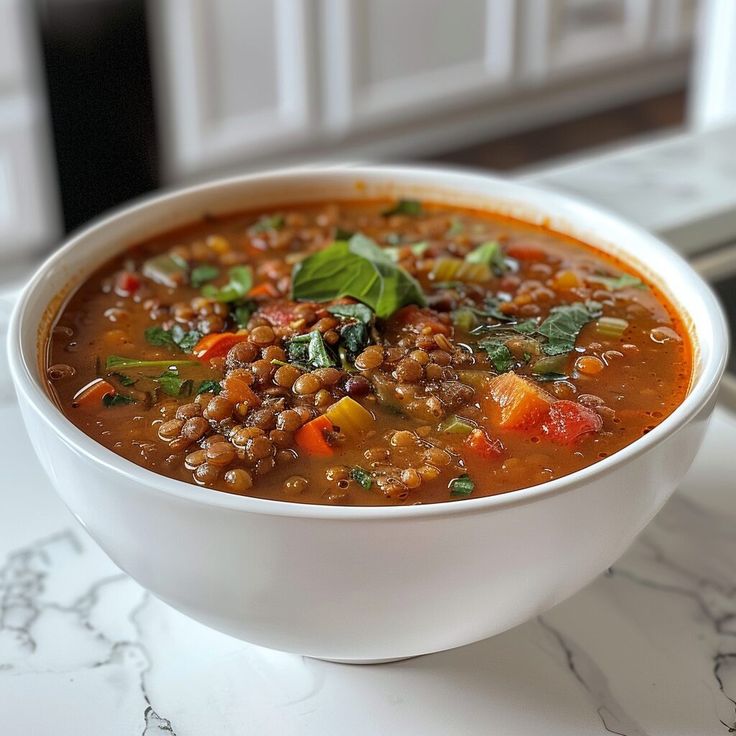Categories
The latest content
-

Customs Clearance & Import Regulations for Bulk Iranian Pinto Beans in EU, Middle East & Africa
..
-

Quality Control & Laboratory Testing Standards for Iranian Pinto Beans
..
-

Logistics & Shipping Solutions for Bulk Iranian Pinto Bean Exports
..
-

Minimum Order Quantity (MOQ) & Bulk Pricing for Iranian Pinto Bean Buyers
..

Tags
Customs Clearance & Import Regulations for Bulk Iranian Lentils in EU, Middle East & Africa

Exporting Iranian lentils to international markets requires more than just high-quality products—it demands compliance with customs clearance procedures and import regulations in the destination country. For bulk buyers, distributors, and trade partners, understanding these processes ensures smooth transactions, reduced delays, and minimized costs.
In this guide, we explore how Iranian lentils are imported into three key regions: the European Union, Middle East, and Africa.
Why Customs Clearance Is Crucial in Lentil Trade?
• Legal Compliance: Meeting destination country rules prevents shipment rejections.
• Cost Efficiency: Avoiding fines or unexpected tariffs saves importers money.
• Faster Delivery: Proper documentation reduces clearance delays at ports.
• Market Access: Compliance enables entry into regulated and high-demand regions.
1. Customs Clearance in the European Union (EU)
The EU has some of the strictest import regulations in the world, especially for agricultural and food products.
Key Requirements:
• Import License: Food importers must often register with national authorities.
• Tariffs & Duties: Lentils are usually subject to low tariffs under trade agreements, but customs classification codes (HS codes) determine exact rates.
• Health Certificates: Issued by Iranian authorities to confirm product safety.
• Residue & Contaminant Testing: The EU enforces strict limits on pesticides, heavy metals, and microbiological contaminants.
• Packaging & Labeling Rules: Must comply with EU labeling standards, including nutritional values, allergen statements, and country of origin.
• Organic & Halal Certifications: Increasingly important for niche consumer segments.
Note: Shipments without proper phytosanitary certificates or with missing documents may face long delays or outright rejection.
2. Customs Clearance in the Middle East
The Middle East is one of the largest markets for Iranian lentils due to geographic proximity, cultural similarities, and strong demand for Halal-certified foods.
Key Requirements:
• Halal Certification: Essential for all food products entering Gulf Cooperation Council (GCC) states like Saudi Arabia, UAE, and Qatar.
• Import Permits: Some countries require importers to be pre-registered with food authorities (e.g., Dubai Municipality or Saudi Food & Drug Authority).
• Labeling Standards: Labels must often be in Arabic and English, including expiration date and country of origin.
• Tariffs & Duties: GCC countries generally impose moderate duties, but free trade agreements may reduce costs further.
• Customs Clearance Agents: Using a licensed local clearing agent speeds up the process.
Many Middle Eastern countries prioritize fast-moving consumer goods, so smooth customs clearance is key for supply chain efficiency.
3. Customs Clearance in Africa
Africa represents a growing market for Iranian lentils, with rising demand in North Africa (Egypt, Morocco, Algeria) and Sub-Saharan Africa (Kenya, South Africa, Nigeria).
Key Requirements:
• Import Licenses: Countries like Nigeria and Kenya require importers to secure prior approval before shipment arrival.
• Health & Safety Checks: Products must meet Codex Alimentarius standards, which are widely adopted across African nations.
• Tariffs & Duties: Vary by country—North African states aligned with EU standards, while Sub-Saharan countries may impose higher tariffs.
• Labeling Rules: Packaging must display clear details in French, English, or local languages depending on the market.
• Phytosanitary Certificates: Compulsory for agricultural goods to ensure products are pest- and disease-free.
African ports often face logistical delays, so pre-cleared documentation is essential to avoid demurrage costs.
Common Documentation Needed for All Regions
Regardless of destination, bulk importers of Iranian lentils typically require:
• Commercial Invoice
• Packing List
• Bill of Lading / Air Waybill
• Certificate of Origin
• Phytosanitary Certificate
• Health & Safety Certificates
• Laboratory Test Results (if required)
Having these documents ready ensures faster customs clearance and reduces shipment risks.
Tips for Importers of Iranian Lentils
✔ Work with Experienced Exporters – Partner with companies like Tamila Agrifood Company that understand global regulations.
✔ Hire Local Customs Brokers – They simplify clearance in EU, GCC, and African ports.
✔ Stay Updated – Import rules change frequently, especially regarding food safety standards.
✔ Plan for Transit Time – Factor in potential delays in busy ports like Rotterdam, Dubai, or Mombasa.
Final Thoughts
Navigating customs clearance and import regulations may seem complex, but with the right preparation and trusted partners, importing Iranian lentils into the EU, Middle East, and Africa can be seamless.
At Tamila Agrifood Company, we specialize in export-ready lentils, complete with certifications, health documents, and professional logistics support to ensure compliance across all major markets.
Contact us today to request a quotation, receive documentation samples, or start your next bulk order with confidence.
Email: tamilaagrifood@gmail.com
Call / WhatsApp for Quotations: +989141858935



